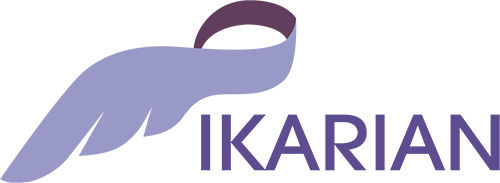Current issues
Economic and financial crimes continue to rise and threaten the basic processes common to all business—buying and selling, paying and collecting, importing and exporting, growing and expanding. Globalization has led to interdependency and cascading systemic risks notably generated by the digitalization of financial transactions and by the vulnerabilities in corporate information systems. Therefore, all organizations in the course of daily business face exposure to various types of economic crime.
Fraud takes many different forms (deception, bribery, forgery, extortion, corruption, theft, conspiracy, embezzlement, over-invoicing, accounting manipulation, asset misappropriation, false representation, concealment of material facts, and collusion), and attempts at fraud are projected to increase due to the rise in cybercrime. The systems most threatened are those that contain data directly leading to financial assets that can be stolen, or personal data that can be used to construct an attack on financial assets.
Fraud has the potential to disrupt the activity of any business, be it small or large, notably businesses that fail to have robust fraud control frameworks in place. The cost of fraud can rise rapidly, with a devastating effect on companies in terms of time, money, productivity, reputation and client relationships. While the median loss for all cases is €150,000, with 13% of cases causing an average loss of €1 million or more, the prospects of recovery of the proceeds of fraud are remote, with 65% of companies experiencing losses recovering 25% or less of the stolen funds.
In an interconnected world, these categories of economic crimes pose unique threats to global organizations. In addition to triggering fines and even criminal indictments, fraud attempts can be seen as part of a larger organizational problem, be it a failure of internal controls, processes, or lack of appropriate culture or tone at the top. For this reason, companies can play a substantial role in curbing fraud.
OUR EXPERTISE
Over the past few years a series of regulatory developments has succeeded in redefining the corporate compliance landscape, causing a spike in complex rules and differing standards across countries and jurisdictions, holding individuals accountable, and seeking to change corporate culture to appropriately recognize the full costs of illicit behavior. In order to protect your business against risks of fraud, IKARIAN helps you to identify and prevent the types of fraud to which your company could potentially be exposed and to find the best fraud detection and prevention solution tailored to your organization’s needs.
PREVENTION
Background Checks on your employees
Identification of conflicts of interest
Due Diligence of your partners, distributors, consultants
Vulnerability Audits
DETECTION
Implementation of Whistleblowing mechanisms / Hotlines
Investigating employees or partners whose integrity is doubtful
RESPONSE
Collection of elements presenting evidence of fraud
- Fraud Risk mitigation
- Fraudster identification
- Technical data analysis (computer, electronic, telecommunications) / Forensic investigations
- Conduct internal and external interviews
- Investigations of companies or employees/partners
- Damage assessment
- Assistance to the legal officer or bailiff in case of emergency procedure (Article 145 of the French New Code of Civil Procedure)
Asset recovery
Solvency assessment and asset location (Asset Tracing).



